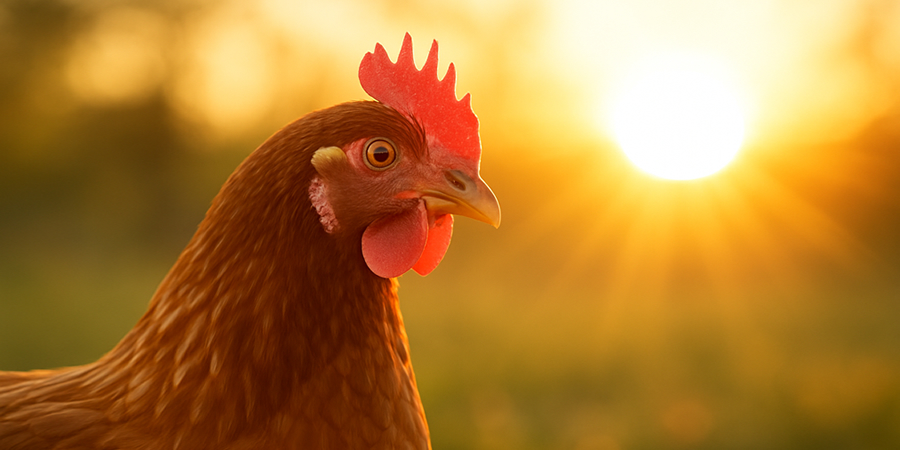
-
Phytobiotics: Positive Gut Feelings - A Glimpse into Welfare & Broiler Nutrition with Isoquinoline Alkaloids
Saturday, January 3, 2026
In modern poultry production, success and profitability are closely linked to both physiological and welfare parameters. Environmental and nutritional inputs influence physiological mechanisms, ultimately affecting live performance and slaughter outcomes.

-
Yeast cell wall extract's role in combating mycotoxin risks
Thursday, April 3, 2025
Yeast cell wall extract (YCWE) has been shown to effectively mitigate the impacts of mycotoxins on animal health and performance. Recent meta-analyses highlight its role in improving productivity, sustainability and profitability across both poultry and pig production systems.

-
Assessing Mycotoxin Risks in Imported Grains for Asian Livestock Production
Thursday, April 3, 2025
In 2025, a substantial portion of livestock feed in Asia is sourced from grains imported from Europe, North America, Canada and Latin America. The productivity, health and overall performance of livestock are heavily reliant on these raw materials, which include corn, wheat and barley.

-
Choosing the right mycotoxin test for your business
Thursday, April 3, 2025
Knowledge is power when it comes to effectively managing the dynamic challenge that mycotoxins pose to the productivity of even the best-run livestock operations. Since they are both invisible and odorless, the task of detecting these unwanted toxic compounds relies upon a range of specialist detection methods, each po ...

-
Phytobiotics: The Power of Biomarkers in Swine Production
Friday, January 10, 2025
In the fast-evolving world of swine production, ensuring the health and performance of livestock is paramount. As producers strive to optimize growth rates, feed conversion ratios (FCR), and overall herd health, the integration of innovative nutritional solutions is essential. One potential solution is the use of plant ...

-
Innovation in Formaldehyde-Free Feed Disinfectant: Strengthen Feed Biosecurity and Protect Animals from Pathogen Infection
Thursday, October 10, 2024
In modern livestock farming, a robust biosecurity program is crucial for ensuring healthy animals and safe food production. Feed safety is a vital component of biosecurity management. Feed and feed ingredients have been identified as key transmission vehicles for pathogens such as Salmonella spp.

-
EW Nutrition: How xylanase can enhance swine productivity
Thursday, July 25, 2024
This article aims to demonstrate how enzymatic degradation of arabinoxylans, particularly through xylanase enzymes, can mitigate anti-nutritional effects and enhance the nutritional value of high-fiber swine diets, thereby improving animal health and performance.

-
Feeding Spray Dried Plasma (SDP) Improved The Efficacy of a Candidate African Swine Fever Virus (ASFV) Vaccine
Tuesday, July 16, 2024
African swine fever virus (ASFv) can cause high mortality in domestic swine and affects global trade of pork with severe economic consequences for producers, affiliated industries, and communities involved in pork production. Swine producers in endemic regions afflicted by ASF continue to search for strategies to prote ...

-
The long rise to fame - probiotics ascend to essential tools for poultry health
Tuesday, July 16, 2024
Disease pressure on poultry flocks is mounting from all sides, with re-emerging diseases like E. cecorum, existing ones like E. coli becoming more of a commercial issue, and food safety adding greater scrutiny on potential zoonotic pathogens like Salmonella sp. While in the past coccidiosis and clostridia control were ...

-
Use of Spray Dried Blood Plasma for Recovery of Low Viability Piglets in Nursery
Friday, June 28, 2024
The study objective was to evaluate if spray dried blood plasma (SDP) supplementation on commercial feed aids growth recovery of low viability weaned piglets during the nursery phase. Two hundred low viability piglets weaned at 21 days of age were allotted by body weight (BW) group (low versus medium BW) to two treatme ...










